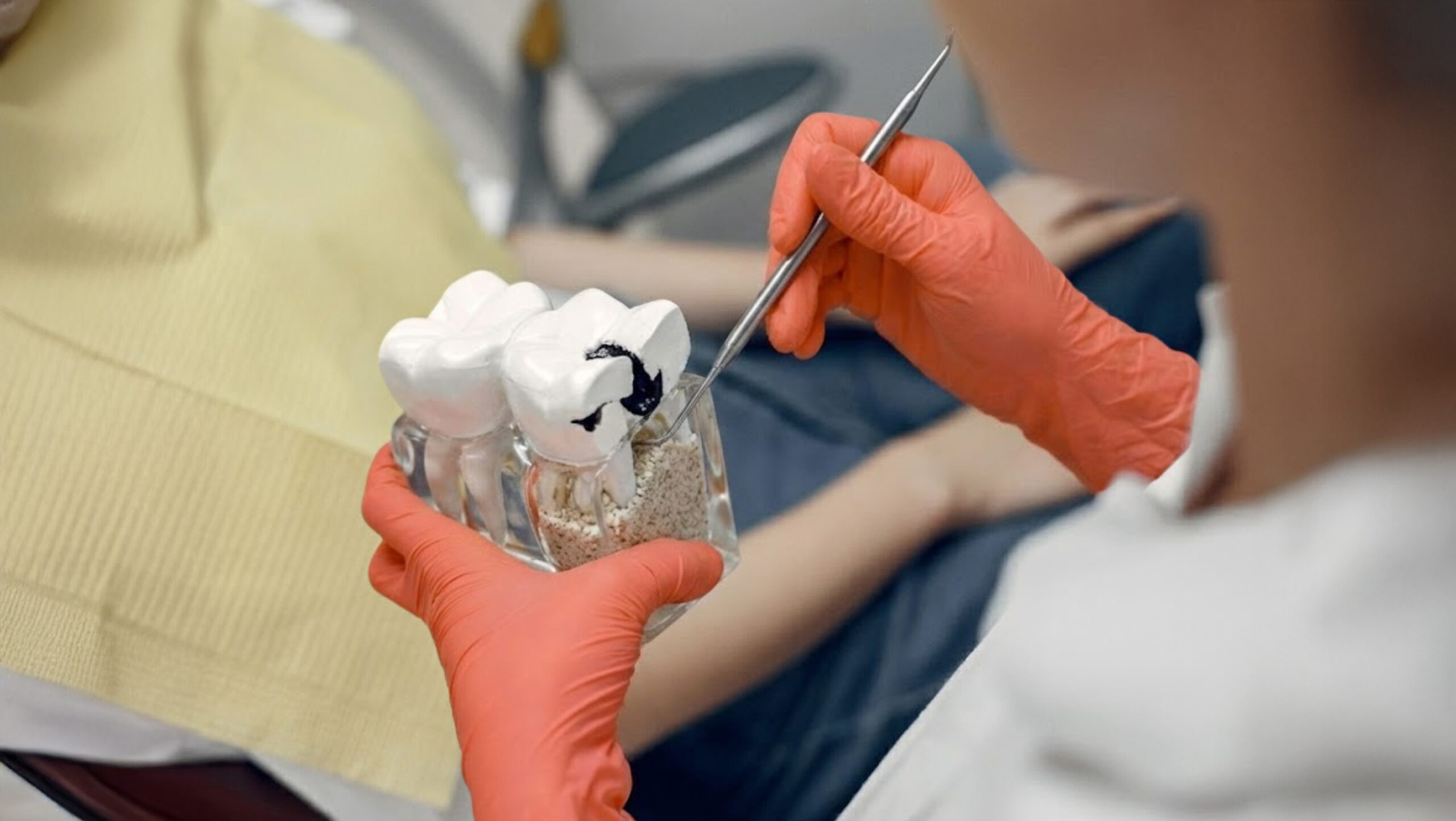Dental Implants for Everyone: Debunking Common Myths About Eligibility
 By: Britely
By: Britely
Dental implants have revolutionized the field of dentistry, offering a durable and natural-looking solution for missing teeth. Despite their numerous benefits, there are still misconceptions surrounding who is or is not eligible for dental implant treatment. Let’s debunk some of the most common myths and provide clarity on the eligibility criteria for dental implants.
Myth 1: Age Matters
One prevailing myth is that age plays a significant role in determining eligibility for dental implants. However, age alone does not disqualify someone from receiving implants. As long as an individual has healthy gums and sufficient bone density to support the implant, age is not a limiting factor. In fact, many older adults have successfully undergone implant treatment and experienced improved oral function and quality of life.
Myth 2: Poor Oral Health Rules Out Implants
While good oral health is important for the success of dental implants, it doesn’t mean that those with certain dental issues are automatically ineligible. Conditions such as gum disease or tooth decay can be addressed through preliminary treatments like periodontal therapy or restorative procedures before implant placement. With proper care and maintenance, individuals with compromised oral health can still be candidates for dental implants.
Myth 3: Smokers Cannot Get Dental Implants
While smoking is known to have negative effects on oral health, it doesn’t necessarily disqualify someone from receiving dental implants. However, smokers may face higher risks of complications such as implant failure or delayed healing. Quitting smoking or reducing tobacco use can significantly improve the success rate of implant treatment and overall oral health.
Myth 4: Diabetes Is a Barrier to Implant Treatment
Having diabetes doesn’t automatically exclude someone from being a candidate for dental implants. However, individuals with diabetes may require closer monitoring and management of their condition to ensure successful implant integration and healing. With proper control of blood sugar levels and collaboration between the patient, dentist, and healthcare team, individuals with diabetes can still benefit from implant therapy.
Myth 5: Insufficient Bone Density Means No Implants
Adequate bone density is crucial for the stability and longevity of dental implants. However, individuals with insufficient bone volume or density in the jaw may still be eligible for implant treatment through procedures such as bone grafting or sinus augmentation. These techniques help regenerate bone tissue and create a suitable foundation for implant placement, expanding the pool of potential candidates for dental implants.
Dental implants offer a transformative solution for individuals with missing teeth, but misconceptions about eligibility can deter people from seeking treatment. By debunking these myths and understanding that factors such as age, oral health issues, smoking, diabetes, or bone density do not necessarily disqualify someone from receiving implants, more individuals can explore the possibility of restoring their smiles and improving their quality of life. Consultation with a qualified implant dentist is essential for determining individual eligibility and developing a personalized treatment plan tailored to each patient’s unique needs and circumstances. Don’t let misinformation hold you back from exploring the life-changing benefits of dental implants!


